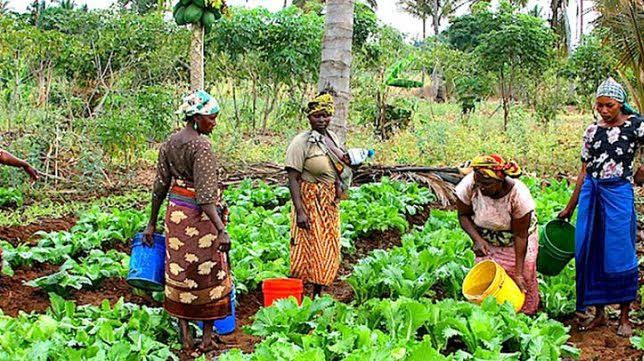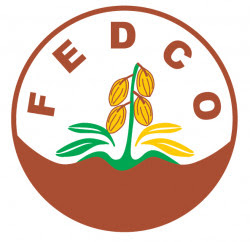The Ogbonge Women Agricultural Multi-purpose Society has disbursed over ₦400 million in single-digit interest loans to women farmers since its establishment in 2017, aiming to boost food production and empower women in agriculture.
President of the society, Mrs. Chinasa Asonye, disclosed this in an interview on Monday in Lagos. She said the society, which began with just 25 members, now has over 400 women actively participating, transforming it into a formidable platform for female farmers in Lagos State.
Asonye highlighted the persistent marginalisation of women in the agricultural sector despite their central role in food production. “Women make up more than 70 percent of Nigeria’s agricultural labour force, especially in food cultivation. Yet, we are often excluded from mainstream financial systems,” she said.
In response, the society adopted a village savings and loan model, allowing members to pool resources and access low-interest credit to scale their farming operations. This grassroots financing structure has helped many women avoid the high interest rates and stringent requirements associated with conventional banking.
According to Asonye, the initiative has significantly improved members’ farming productivity and profits. “Our members no longer need to pursue banks for funding. Instead, financial institutions now come to us to learn about our impact and explore collaboration opportunities,” she said.
The president also noted that many beneficiaries have been able to expand their businesses and gain greater visibility within the agriculture sector, positioning women as key players in Lagos State’s food system.
She emphasized that to maintain the integrity and accountability of the group, new members are admitted only through trusted referrals. “This ensures that our society remains transparent, secure, and committed to its mission,” she added.
The Ogbonge Women Agricultural Multi-purpose Society continues to serve as a powerful example of how local, women-led cooperatives can drive inclusive growth in agriculture, improve livelihoods, and contribute to Nigeria’s food security.










